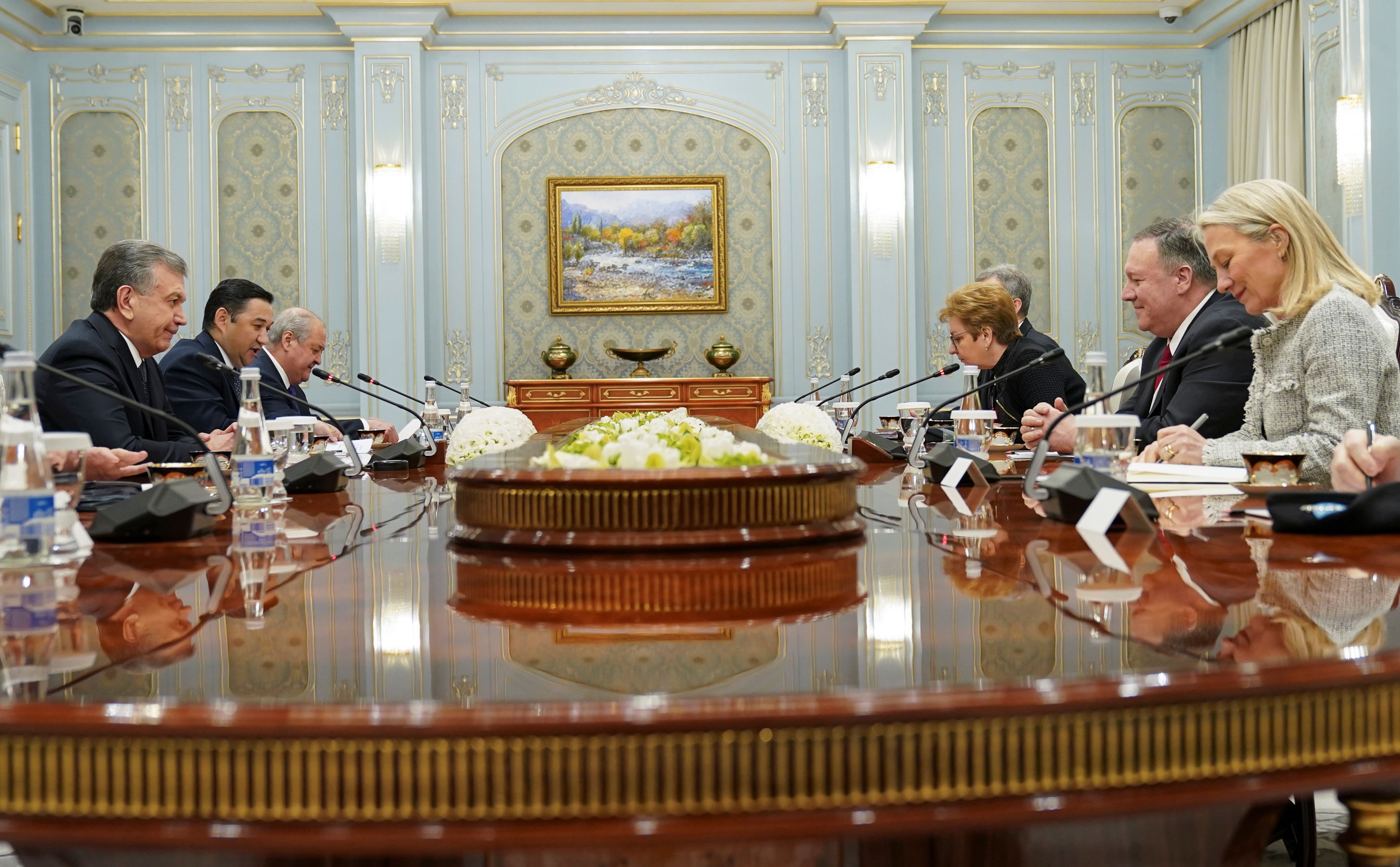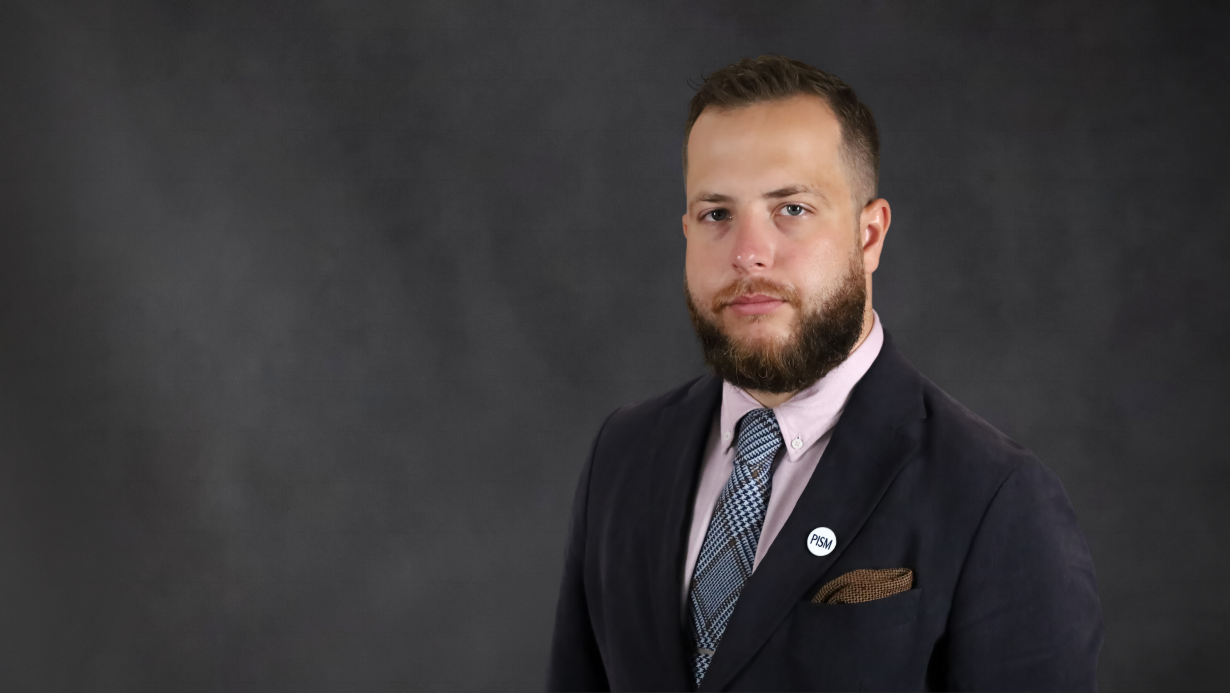Perspectives on Uzbekistan’s Foreign Policy

Internal Conditions
After assuming the presidency of Uzbekistan in 2016, Shavkat Mirziyoyev (who took over after the death of Islam Karimov, who had ruled the country since 1991) initiated changes in domestic policy to consolidate his position. Economic reforms have been the main element, including a reduction in central planning and increasing the fight against corruption and the shadow economy. The facilitation of foreign investors, creation of economic zones, and visa liberalisation for tourists are intended to improve the country’s image, attract foreign investment, and signal the openness of the new authorities to change. As a result, the World Bank upgraded Uzbekistan by 10 spots to No. 69 in its “Doing Business 2020” ranking, The Economist recognized the country as a leader in economic reforms in 2019, and Lonely Planet described it as the most attractive travel destination in 2020. The economic transformation has been accompanied, however, by only a facade of political reform. The careful liberalisation—including amnesty for political prisoners and limiting forced labour—has not changed the authoritarian character of the regime, which, according to Freedom House, remains one of the 13 most repressive in the world.
Main Foreign Policy Directions
Mirziyoyev has not changed the assumptions of Uzbekistan foreign policy as led by Karimov since 2012 when Uzbekistan left the Collective Security Treaty Organisation (CSTO). These include not joining military alliances, not deploying armed forces outside the state, and not accepting foreign troops on Uzbek territory and stem from Uzbekistan’s geographical location and goal to be a regional power. The country’s long border connects it to all the countries of Central Asia and Afghanistan but not the main powers in the region—Russia and China.
Mirziyoyev has reanimated Uzbek diplomacy after years of passivity under Karimov, seeing in it the opportunity to strengthen the country’s regional position and improve its transit potential since most land transport corridors crossing Central Asia intersect in Uzbekistan. Improving relations with its neighbours has become a priority and half of Mirziyoyev’s foreign visits to date have been paid to countries in the region. They have resulted in a number of agreements concluded on infrastructure development and investment facilitation. Uzbekistan also has attempted to resolve border disputes with Kyrgyzstan and Tajikistan, ongoing since independence in 1991, by initiating the delimitation and demarcation of borders. In 2018, at the initiative of Uzbekistan and Kazakhstan, consultative summits of Central Asian states were launched—the first took place in Astana and the second, in 2019, in Tashkent—and aimed at intensifying the political dialogue and trade in the region. Uzbekistan sees dialogue as an opportunity to strengthen the Central Asian countries’ position vis-à-vis Russia and China.
Afghanistan is important in Uzbek foreign policy, particularly to combating transnational regional threats such as drug and arms trafficking and infiltration by terrorist groups. Uzbekistan continues to support Afghan Uzbeks, who comprise about 9% of Afghanistan’s population and mainly live on the Uzbek-Afghan border where they help contain threats from Afghanistan. Mirziyoyev also has maintained his personal involvement in the peace process in Afghanistan, promoting the “6+3” formula (Afghanistan’s neighbours China, Iran, Pakistan, Tajikistan, Turkmenistan, and Uzbekistan, plus Russia, the U.S., and NATO), which it uses to strengthen security cooperation with the U.S. The Visit by Secretary of State Mike Pompeo on 3 February and the new American “Strategy for Central Asia”, announced two days later, were intended to emphasize the cooperation with Uzbekistan as a priority for U.S. policy in the region.
Since 2016, Uzbekistan has expressed its willingness to deepen cooperation with the EU. In 2018, the two parties began negotiations on an “Enhanced Partnership and Cooperation Agreement” (EPCA). The possibility of developing political contacts between the EU and Uzbekistan, however, remains limited due to the authoritarian regime in that country.
Between Russia and China
Mirziyoyev, who received Russian political support during his succession to power, then began to limit Russian influence once he was in office, including removing officers connected to Russia from Uzbekistan’s National Security Service. He also tries to limit Russian influence in the region, for example, in urging Kyrgyzstan to refuse to allow increased Russian military presence. Uzbekistan also tries to build alternative cooperation formats to Russian integration projects for the countries of the region (including Tajikistan). Uzbekistan refuses to join the Eurasian Economic Union (EEU) controlled by Russia (opting only to be an observer) or to re-join the CSTO. Instead, Uzbekistan is interested in mainly maintaining good political relations and developing economic cooperation with Russia. During the only visit of Russian President Vladimir Putin to Tashkent, which took place in October 2018, after Mirziyoyev came to power, more than 100 economic agreements were concluded, including ones to stimulate trade, improve technological cooperation in the defence sector, and upgrade the legal status of Uzbeks in Russia, which are the largest group of economic migrants from Central Asia in that country (over 2 million).
As a counterweight to Russian influence in the region, Uzbekistan seeks improved cooperation with China, its largest trading partner, accounting for about 20% of total trade, and a key investor and lender. Uzbekistan counts on the development of exports of raw materials from Central Asia to China (including gas transit from Turkmenistan to China) and a further inflow of Chinese investment (in 2017, Uzbekistan concluded an agreement with the banking association of the Shanghai Cooperation Organisation, SCO, on the coordination of Chinese investments). In return, Uzbekistan does not oppose China’s growing involvement in the security sphere in Central Asia, for example, not opposing its military bases in Afghanistan and Tajikistan or the Chinese private military companies operating in the region, treating them as a kind of balance against the Russian military presence.
Uzbekistan favours political and economic involvement in the region of other countries as a way to counter domination by Russia or China and in order to diversify its trading partners. The country supported, among others, India and Pakistan’s accession to the SCO in 2017, maintains close political relations with Turkey, and develops economic cooperation with Japan and South Korea.
Conclusions and Perspectives
Uzbekistan will focus primarily on developing good relations with its neighbours and intensifying regional cooperation in Central Asia. It will also maintain balance in its relations with Russia and China, deriving benefits from cooperation with both countries. Despite pressure from Russia, Uzbekistan will not join the EEU because it views it as an instrument of Russian political influence that brings only little economic benefit, nor will it re-join the CSTO, as this would be incompatible with its current policy of military non-involvement. Without Uzbekistan, having the largest population (33 million) and strategically located in Central Asia, these Russian-led Eurasian integration projects will be unlikely to further develop.
The objectives of Uzbek foreign policy, like the development of regional cooperation or stabilisation of Afghanistan, coincide with the EU strategy towards Central Asia adopted in June 2019. Uzbekistan, which has been actively pursuing foreign policy since 2016, is a potential partner in regional security for the EU and the U.S., including in the fight against drug trafficking, crime, and terrorism, as well as cooperation on migration control and in the peace process in Afghanistan. Although the chances of liberalising Uzbekistan’s political regime are low, the EU and the U.S. can take advantage of the economic reforms and support the country’s ambitions to maintain balance between neighbouring powers by, for example, supporting Uzbekistan’s efforts to join the World Trade Organisation and obtaining loans from international financial institutions, including the IMF.




